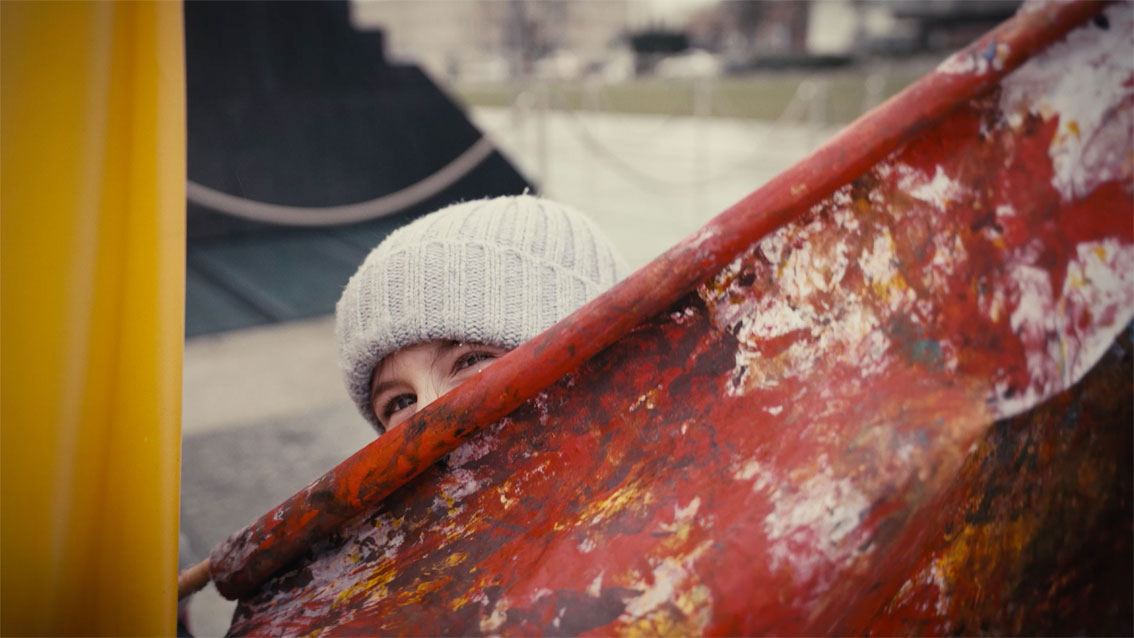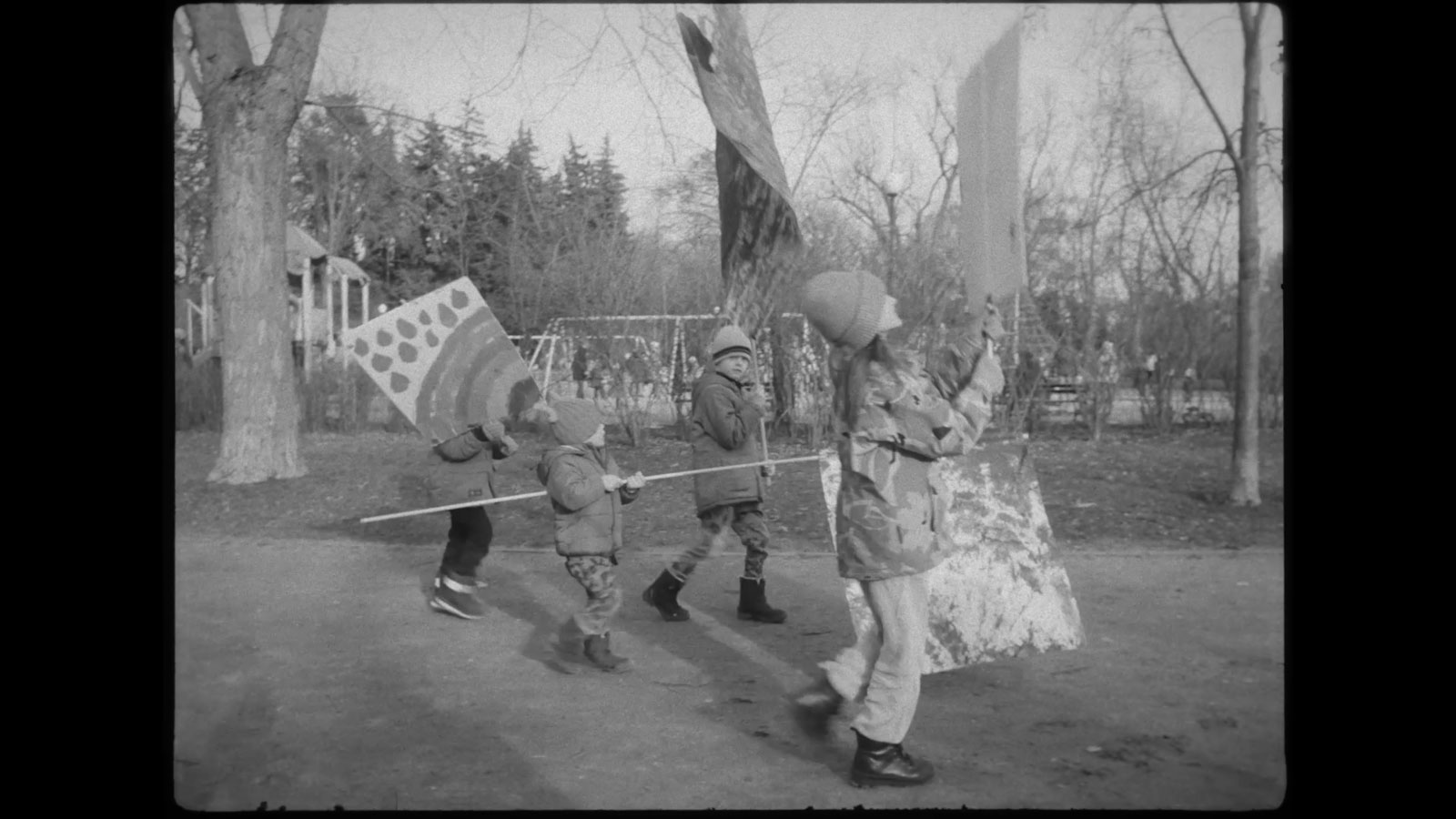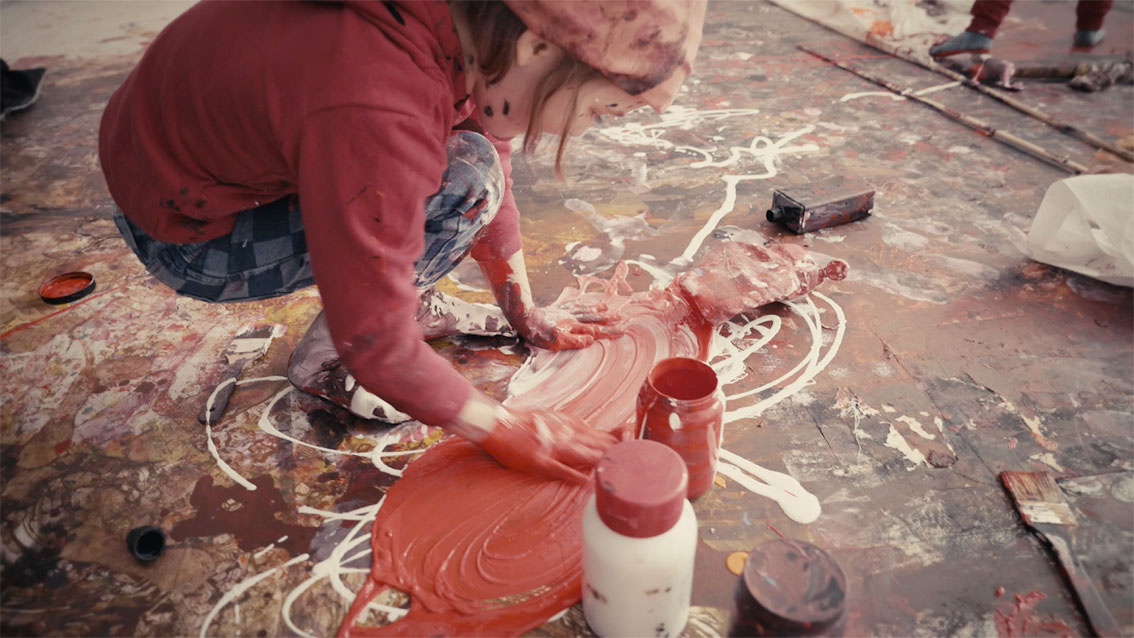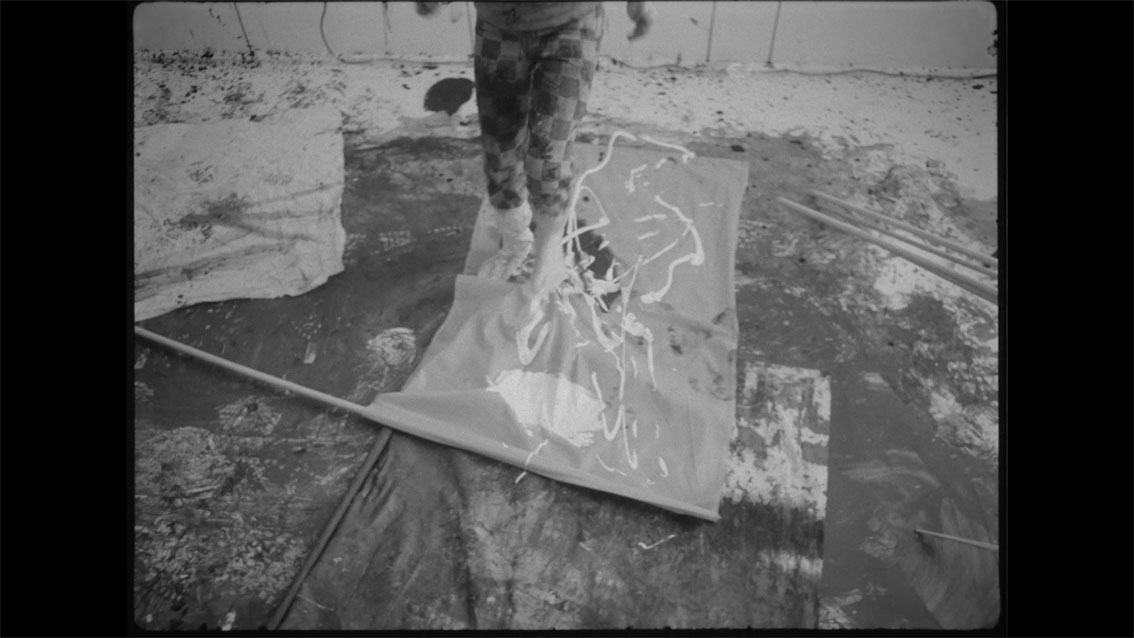ART CITIES: Zurich-Artur Zmijewski
 Artur Zmijewski is considered to be one of the most prominent radical figures on the Polish art scene, and his oeuvre reflects his concern with wide-ranging social problems. He frequently examines mechanisms of power and oppression within the existing social order – as well as social conflicts bordering on violence – while exposing the instinctive human inclination towards evil. Moreover, his works examine the relationship between extreme emotions and their physical expressions.
Artur Zmijewski is considered to be one of the most prominent radical figures on the Polish art scene, and his oeuvre reflects his concern with wide-ranging social problems. He frequently examines mechanisms of power and oppression within the existing social order – as well as social conflicts bordering on violence – while exposing the instinctive human inclination towards evil. Moreover, his works examine the relationship between extreme emotions and their physical expressions.
By Efi Michalarou
Photo: Peter Kilckman Gallery

Artur Żmijewski’s solo exhibition “Against” includes a new film in widescreen format and a new series of photographs in black and white that thematically tie in with Żmijewski’s longstanding exploration of the mechanisms of memory, of collective trauma and the impact of art on socio-political conflicts. Żmijewski’s artistic repertoire manifests itself primarily in his cinematic works and photographs, whose approach to questions around belonging, political upheaval, stigmatisation, identity and empowerment within a social and political order does not shy away from controversy. In doing so, he never takes a subjective position himself as an artist but remains in the role of observer and documentalist who knows how to transform filmed material into an interesting story. Thus, his documentary-style video works seem to follow a natural narrative that unfolds from the cognitive, emotional and physical expressions of the volunteer participants and their interaction in the group. Żmijewski’s new film “Against” which bestowed the exhibition its title, follows a similar concept and ties in with central works from earlier years, such as “Democracies” (2009). But in contrast to most of his previous works, the protagonists in “Against” are not characterized by a social or actual disability. Here, children of kindergarten and primary school age give expression to their voices as representatives of the youngest members of our society. Inspired by current protest movements launched by the young generation to stand up for climate protection and their future on our planet, such as “Fridays for Future”, the film shows the young participants preparing for a demonstration. However, Against does not impose a political label. Rather, it is about the impressive eagerness with which the children paint their protest banners and flags, and the resulting strong, enthusiastic, yet innocent dynamic. The film follows the children as they craft, design and prepare for the demonstration in a workshop, ultimately taking their values, rights and their future to the streets. The action is accompanied by a Neapolitan tarantella, whose popular, lively melody musically underpins the little demonstrators’ unconcerned drive. Another exhibition space is dedicated to Żmijewski’s new series “Red Army”, which deals with the very current political debate on how to deal with Polish monuments honouring Soviet liberation fighters. With the aim of creating a historical consciousness of truth, the monuments were already increasingly put in a critical light in the 1990s. Since the outbreak of the war in Ukraine on February 21, 2022 the debate has gained a new urgency. Contrary to the original meaning of the monuments as a symbol of gratitude, they have become a symbol of the domination of the Soviet Union over Poland. The result has been repeated waves of sabotage and protest in recent years, culminating in an official decision by the Polish authorities on October 27, 2022 to remove four monuments dedicated to the Red Army in the towns of Glubczyce, Byczyna, Bobolice and Staszów. The fifteen black-and-white photographs in the “Red Army” series were taken by Żmijewski in the Soviet Military Cemetery in Warsaw and show sections of the two groups of figures “Heroism” and “Sacrifice” by the sculptors Jerzy Jarnuszkiewicz and Stanisław Lisowski, which are part of the monument created there to honor the Red Army as Poland’s liberator. The details of the figures carved in stone were recorded on site by the artist and then fragmentarily superimposed. Both groups of figures are gigantic and difficult to access, which is why Żmijewski had to use drones in some cases for his photographs. The interplay of the different perspectives creates photographically overlapping images. The conflict-laden monuments are detached from their site-specific context and given a new level of meaning. Individual shots are combined so that the soldiers depicted meet in newly staged poses.
Photo: Artur Zmijewski, Courtesy the artist and Peter Kilckman Gallery
Info: Peter Kilckman Gallery, Zahnradstrasse 21, Zurich, Switzerland, Duration: 30/3-20/5/2023, Days & Hours: Tue-Fri 10:00-18:00, Sat 11:00-17:00, www.peterkilchmann.com/





